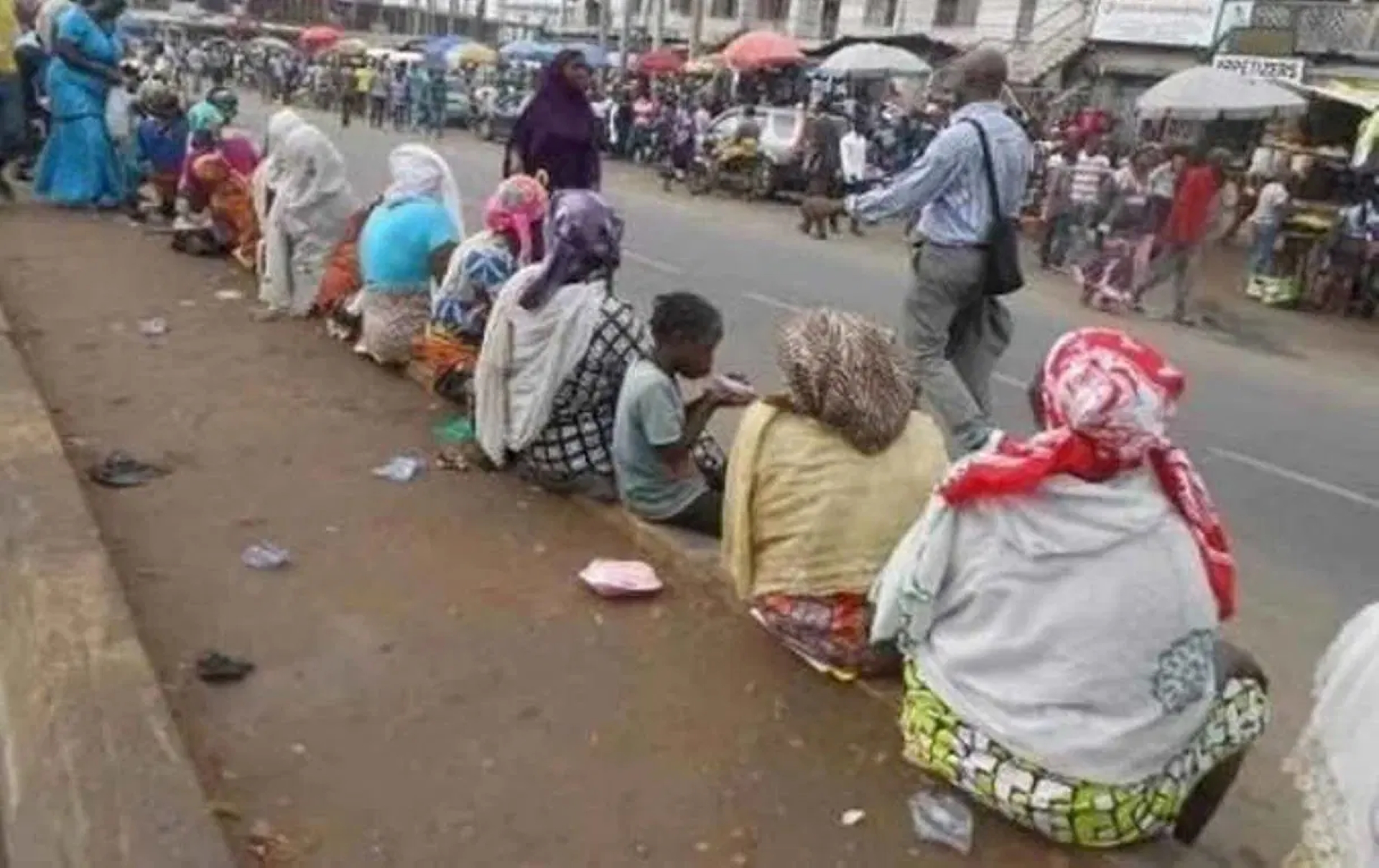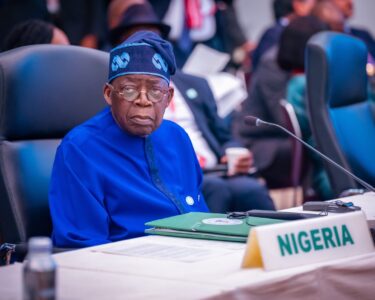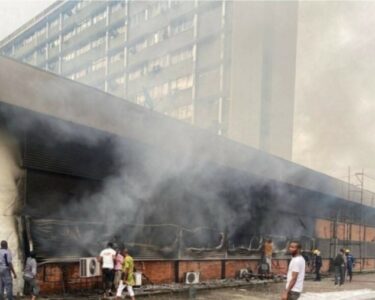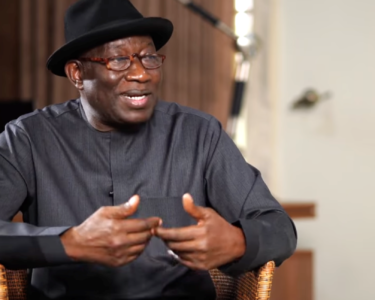In response to the directive issued by Federal Capital Territory Minister Nyesom Wike to arrest beggars in Abuja, affected individuals have expressed shock and uncertainty about their future. Ali Bappa, a beggar unaware of the policy, voiced his disbelief and questioned the lack of alternative support, noting he had no desire for this life but relies on begging for survival in the struggling economy. During a road construction ceremony in Katampe District, Wike cited the rising population of beggars as “embarrassing” and directed authorities to begin arrests.
Some beggars, like Safiyanu Bako, have decided to return to their home states, fearing arrest. Bako, a beggar with multiple disabilities, emphasized that the crackdown is not a solution to the poverty driving many to the streets. Others, like Bappa, who is blind and skilled in knitting, urged the government to provide empowerment options rather than punishment. Another beggar, Muhammed, recounted how he lost his livelihood to bandits and appealed for improved security to return to farming in his hometown.
While some residents of Abuja support the crackdown, alleging that certain beggars exploit goodwill as a profitable scheme, others argue the approach fails to address poverty’s root causes. Social advocates, including the Committee for the Defence of Human Rights and Amnesty International, have criticized the move, urging Wike to focus on poverty alleviation programs instead of criminalizing poverty. The Socio-Economic Rights Accountability Project has also threatened legal action if Wike proceeds with arrests, asserting that no one should face criminalization based on socio-economic status.
Wike’s policy mirrors past crackdowns by previous FCT ministers, which also failed to prevent beggars’ return to the streets, highlighting the challenges of addressing deep-seated poverty without comprehensive support initiatives.







